Climate change: How to cope with the heatwave in the future
Speakers say that while media was proactive, it didn’t help deal with the catastrophe
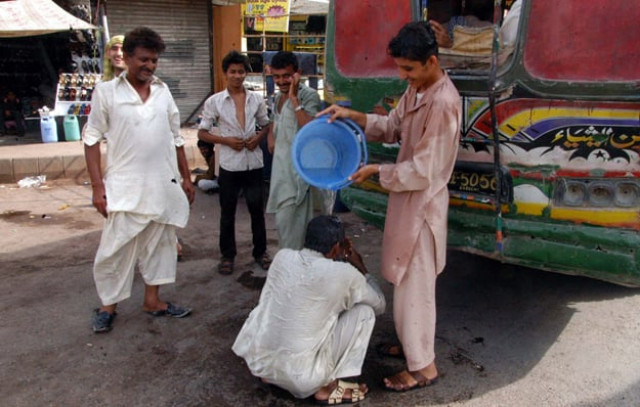
An old man being watered in blistering heat wave in Karachi City. PHOTO: NNI
As the number of deaths caused by the deadly heatwave in Karachi crossed 1,200, architect and urban planner Fazal Noor suggested that knowledge management must be ensured to avoid such a catastrophe in the future.
He was speaking at a Joint Action Committee meeting of members of the civil society at the Human Rights Commission of Pakistan (HRCP) office. Speakers pooled in their ideas about what may be done to deal with such occurrences in the future.
He suggested that different departments must be brought together to come up with solutions to such catastrophes in the future. According to Noor, while times have changed tremendously, our institutions are not ready to accept the change. “We are the reason for the climatic and extreme weather changes,” he said. “If we do not do anything about it, the phenomenon may become irreversible by 2050. By then it will be catastrophic.” He added that there has been a system of declaring disaster and managing relief in place ever since the time of the British. “The deputy commissioner was supposed to alert the relief commissioner who brings up the issue in the assembly. Today, we have district management for the same job,” he said. He added that there was a need for the state to declare emergency during the heatwave disaster but it did not happen even till the last moment.
Read: Heatwave volunteerism: These images will restore your faith in Karachi
Zahid Farooq of Urban Resource Centre (URC) was of the opinion that since the majority of the deaths were of those who belonged to lower-income groups, community centres and government schools in the neighbourhood could have served as relief centres. He cited a case in his family, in which people expired within the confines of their homes before they could make it to the hospital. “The compensation that has been announced will be given to those registered at hospitals,” he said. “How about all those women and elderly who collapsed in their very homes?”
Speaking about the suffering of the people, Farooq said that one of the reasons that the situation deteriorated so much was that no food or water can be found outside in Ramazan. Mir Zulfiqar of Workers Education and Research Organization added that the ulema, too, only responded three days later, saying that more lives could have been saved had they issued fatwas earlier.
Speakers agreed that while the media was proactive during the situation, it didn’t help people in dealing with the catastrophe. According to them, the media did not educate the people about simple preventive measures. “It was not as big a disaster as it turned out to be later,” said Zulfiqar. “Awareness for the future has to be two-way. The government cannot be ignored for not fulfilling its responsibility.”
Read: Majority of Karachi heatwave victims were homeless: minister
Speakers commended the responsive role of the citizens in combatting the disaster and came up with further recommendations and proposals for future action. While Zulfiqar said that a petition should be filed against K-Electric, Noor was of the view that a dialogue should be held among different management sectors and the commissioner. “We have to pool in our knowledge and strategise accordingly as we see that even the media is disconnected,” he said. “Knowledge management among all stakeholders is integral.”
Published in The Express Tribune, July 1st, 2015.

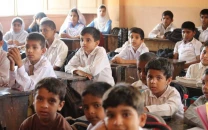
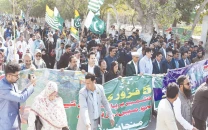
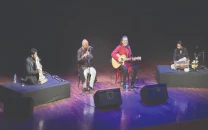

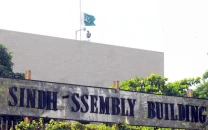













COMMENTS
Comments are moderated and generally will be posted if they are on-topic and not abusive.
For more information, please see our Comments FAQ